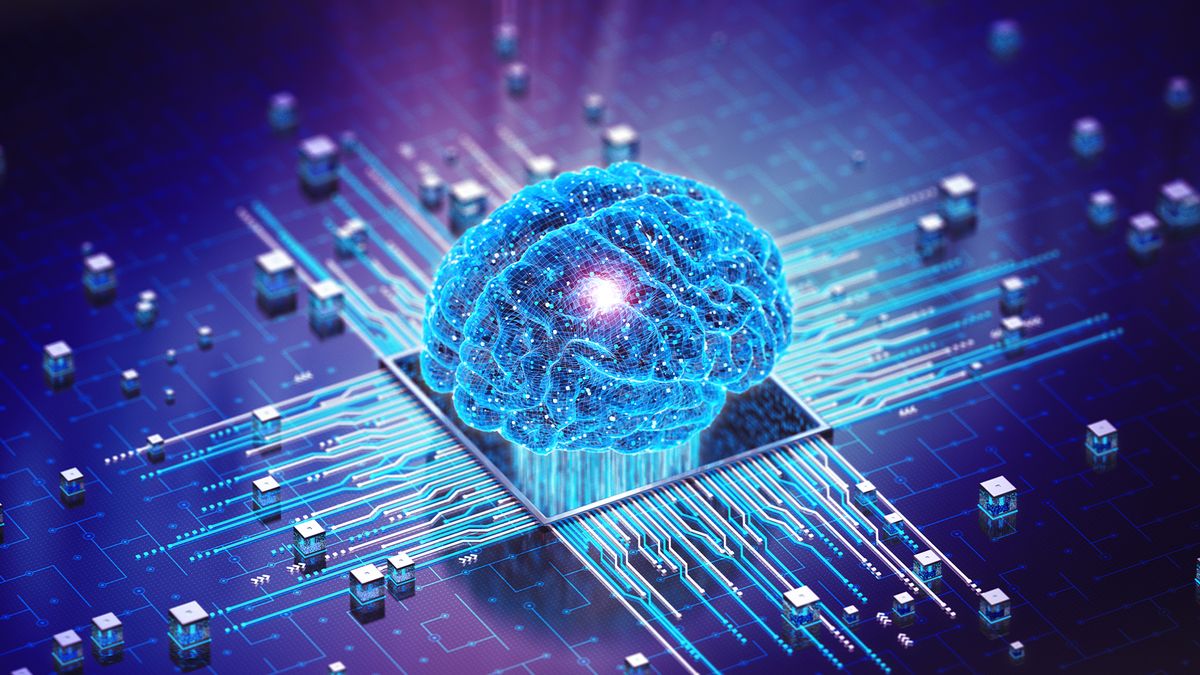AZG News Hub
Your go-to source for the latest news and informative articles.
Artificial Intelligence: Friend or Foe?
Discover the real impact of AI on our lives: is it a powerful ally or an emerging threat? Uncover the truth behind the headlines!
The Impact of AI on Society: Benefits and Risks
The impact of AI on society is profound, influencing various sectors including healthcare, education, and business. One of the key benefits of AI is its ability to analyze vast amounts of data quickly and efficiently, leading to improved decision-making processes. For instance, in healthcare, AI can assist in diagnosing diseases at earlier stages, potentially saving lives. Additionally, AI-driven systems enhance productivity by automating routine tasks, allowing human workers to focus on more complex and creative endeavors. As a result, organizations can operate more efficiently, contributing to economic growth and innovation.
However, the rise of AI also presents significant risks that society must address. One major concern is the potential for job displacement, as automation may render certain positions obsolete. Furthermore, ethical dilemmas arise surrounding data privacy and surveillance, as AI systems often require vast amounts of personal information to function effectively. It is crucial for stakeholders to consider policies that not only harness the benefits of AI but also mitigate its risks. As we navigate this technological landscape, fostering a balanced approach will be essential in ensuring that the evolution of AI contributes positively to society.

Can Artificial Intelligence Help Solve Global Challenges?
Artificial Intelligence (AI) has the potential to play a transformative role in addressing some of the most pressing global challenges we face today. By using advanced algorithms and machine learning techniques, AI can analyze vast amounts of data to identify trends, make predictions, and develop innovative solutions. For instance, in the field of climate change, AI helps optimize energy consumption, enhance renewable energy systems, and improve climate forecasting models. These advancements allow governments and organizations to make informed decisions that can lead to more sustainable practices and reduced carbon footprints.
Moreover, AI technologies can significantly impact healthcare, education, and poverty alleviation. In healthcare, AI-driven diagnostics can improve patient outcomes by providing more accurate assessments and personalized treatment plans. Additionally, AI can facilitate access to quality education through adaptive learning platforms that cater to the unique needs of students. Finally, by leveraging AI for better resource allocation and identifying economic disparities, we can create effective strategies to combat global poverty and promote equitable growth. The integration of AI into these areas not only has the potential to solve existing problems but also to create new opportunities for progress.
Navigating the Ethical Dilemmas of AI: What You Need to Know
As we delve into the complexities of artificial intelligence (AI), it's essential to recognize the various ethical dilemmas that arise from its implementation. From privacy concerns related to data usage to potential biases in AI algorithms, navigating these challenges is crucial for developers and users alike. The implications of deploying AI systems can significantly affect individuals and society as a whole, making it imperative to understand both the short-term and long-term consequences. For instance, consider how an AI system used in recruitment may inadvertently favor certain demographics over others, thus perpetuating inequality.
To effectively address these ethical challenges, stakeholders must engage in transparent discussions and establish clear guidelines for AI usage. This can involve creating an ethical framework that prioritizes fairness, accountability, and transparency. Additionally, it's beneficial to implement regular audits of AI systems to identify and mitigate any emerging biases. As we continue to embrace AI technologies, remember that your awareness and understanding of these ethical dilemmas are crucial steps toward ensuring that AI serves the best interests of all.